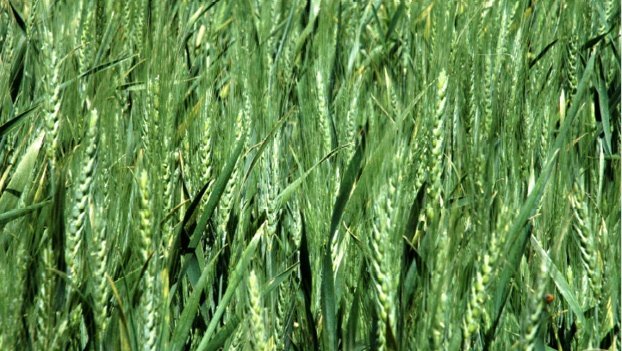
STAFF REPORT IBD: In the wake of rising threats of food insecurity and declining trends of crop yields, due to multiple negative factors, Pakistan is vying to have an effective mechanism including a little progress in introduction of GM crops, which needs in-depth Biosafety research in addition to certified test trials of especially wheat, cotton and corn crops.
In Pakistan, a little investment has been made on technologies and research to support the development of indigenous genetically engineered (GE) plants. In addition, the government of Pakistan, in the wake of domestic and international obligations had promulgated a biosafety regulatory system in 2008. Though this system has achieved some progress in regulating the introduction of GE plants, particularly in allowing field trials under confined conditions, yet the implementation of all biosafety rules is still non-existing.
During the last couple of years, the country has been witnessing a vigorous campaign for the commercial introduction of genetically modified (GM) crops apparently to, what the advocates argue, get comparative more production. In this connection, a couple of international firms, with Monsanto having a leading role, are active to promote this impression. However, this notion is still unable to gain ground despite repeated trials.
These companies are of the strong view that since chances of food insecurity are potentially rising in Pakistan amid high population growth rate, the introduction of GM crops in the country has become a must to boost farm yields. They argue that GM crops have already been introduced in several countries where they are presenting good results in terms of increased production and environment friendly.
“We should focus on introducing GE crops as we need to jack up our national crop production as environment related negative changes like floods, water shortage and droughts expose the country to food insecurity,” commented Dr. Zabta Khan from Quaid-e-Azam University. However, the scientist suggested that a proper homework must be done before opting for GE crops production.
Dr. Anwar Naseem, Secretary Pakistan Academy of Sciences, was of the view that since GE crops introduction in many other states are yielding positive results, Pakistan at least should do effective trials keeping in view the comparative studies.
However, on the other side, a large number of agriculture and environmental experts, particularly Dr. Ijaz Rao, a renowned farm practitioner from Bahawalpur, strongly oppose the GE crops introduction in Pakistan citing a potential reason that no tangible homework has so far been done to ensure biosafety protection in the country. They say that the laws the regulatory authority has framed to ensure biosafety as well as environment protection have never been implemented.
In fact they oppose the GM crops altogether saying since the country is sufficiently meeting domestic food needs there is no need to introduce such mechanism of crops that has not been yet declared fit for our national environment, biosafety as well as human life, especially when high quantity of pesticides is used on these crops.
Scientists who are working to develop GE crops or who are engaged in evaluating the same are supposed to consider the information needed to assess potential adverse impacts to the environment in accordance with the appropriate legislation.
Biosafety regulation in Pakistan faces many daunting challenges, including broad social and political disruption, poorly funded agriculture research infrastructure, difficulty in enforcement of existing and related regulations and the conflation of biosafety with other agriculture and socio-political concerns. However, there is a pressing need for a functional biosafety system in order to allow the development of beneficial agricultural technologies to meet the countries long term agri development needs.